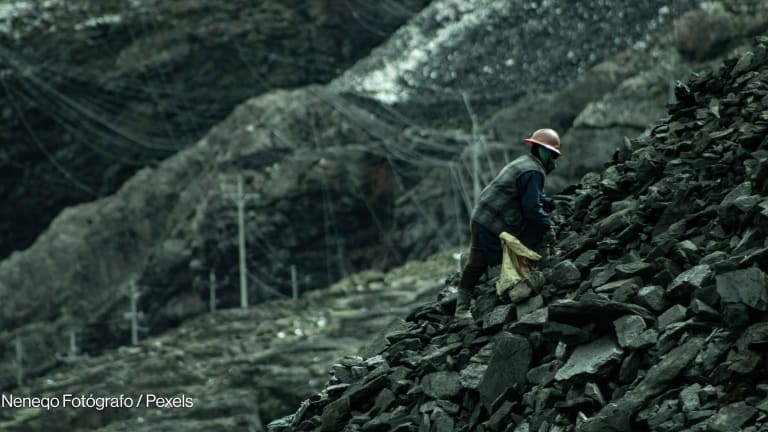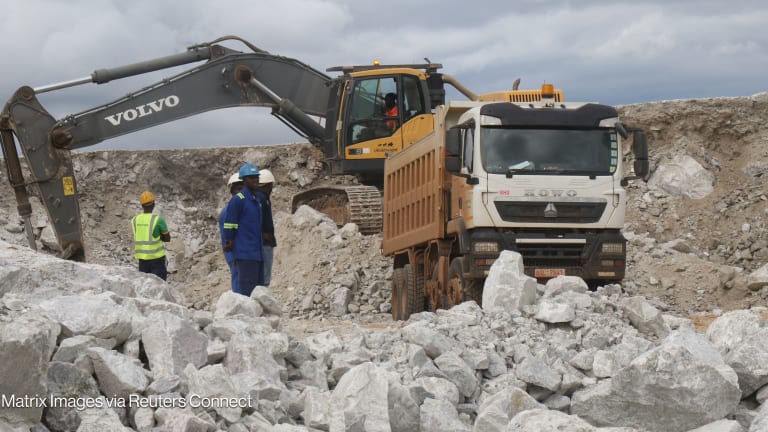Slow progress on Indonesia JETP raises concerns about coal transition
Almost 18 months in, Indonesia’s plan to accelerate its transition to clean energy is faltering as little has been done to retire coal plants, amid calls for more financing and a scaling up of wind, solar, and geothermal.
Indonesia’s Joint Energy Transition Partnership, or JETP, was announced in November 2022, at the G20 summit of leading economies in Bali. It promised $20 billion in financial support, with pledges led by the United States and Japan, along with other high-income economies and the private sector to transition the world’s fourth most populous country away from coal.
JETPs are multilateral cooperation mechanisms that aim to provide coal-dependent economies public and private financing for the early retirement of coal-fired power plants and for the scaling up of cleaner alternatives. Besides Indonesia, JETPs have been announced for South Africa, Vietnam, and Senegal.
Search for articles
Most Read
- 1
- 2
- 3
- 4
- 5








